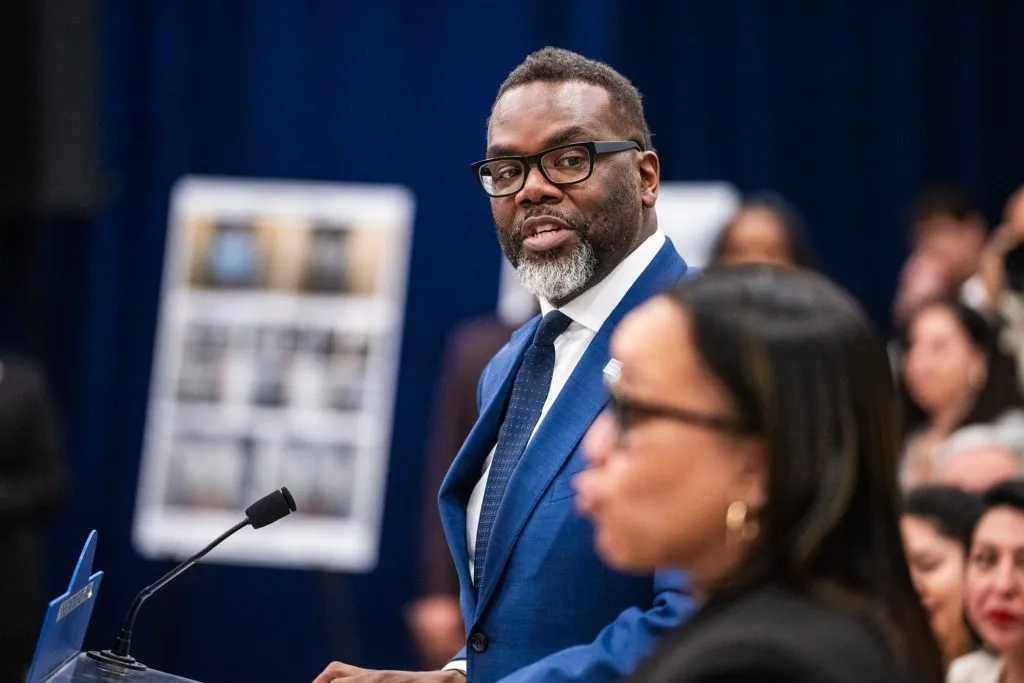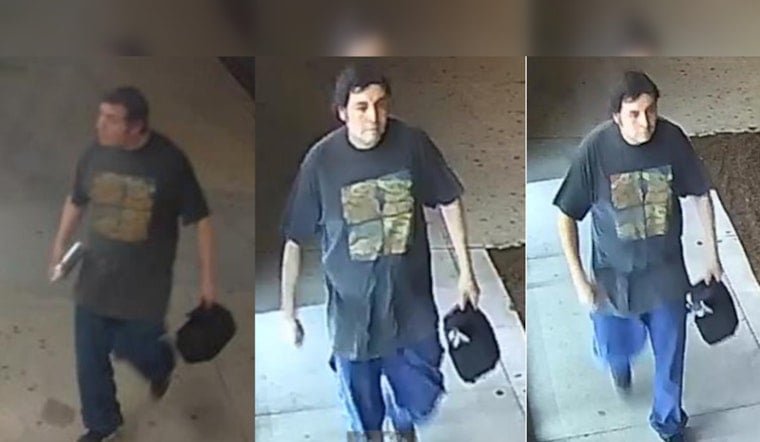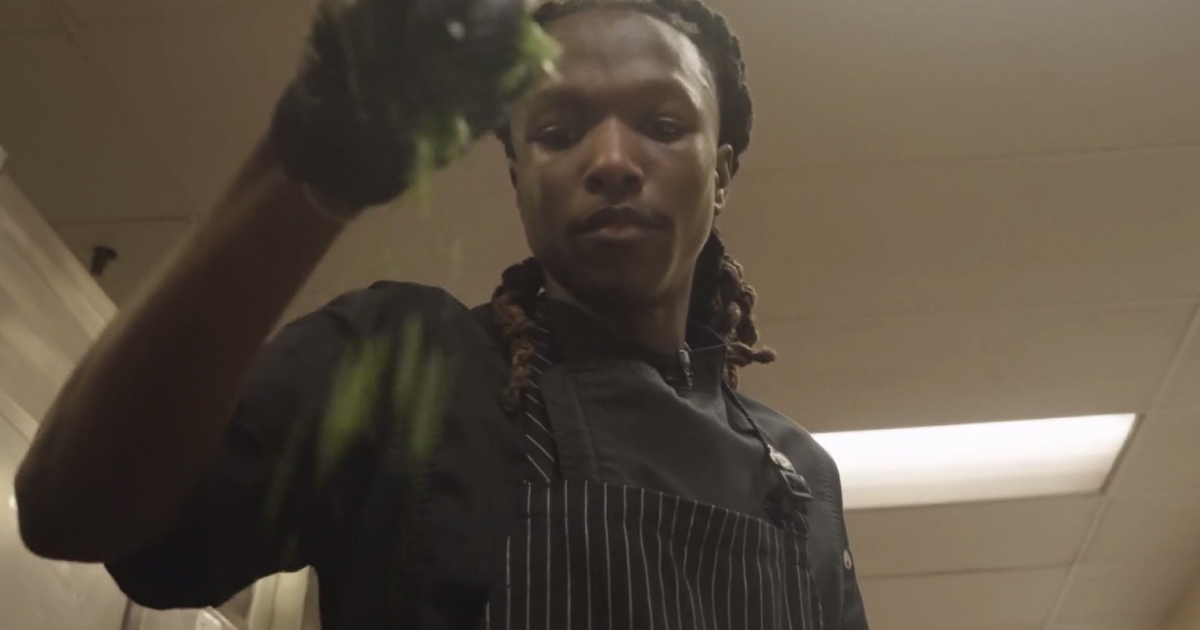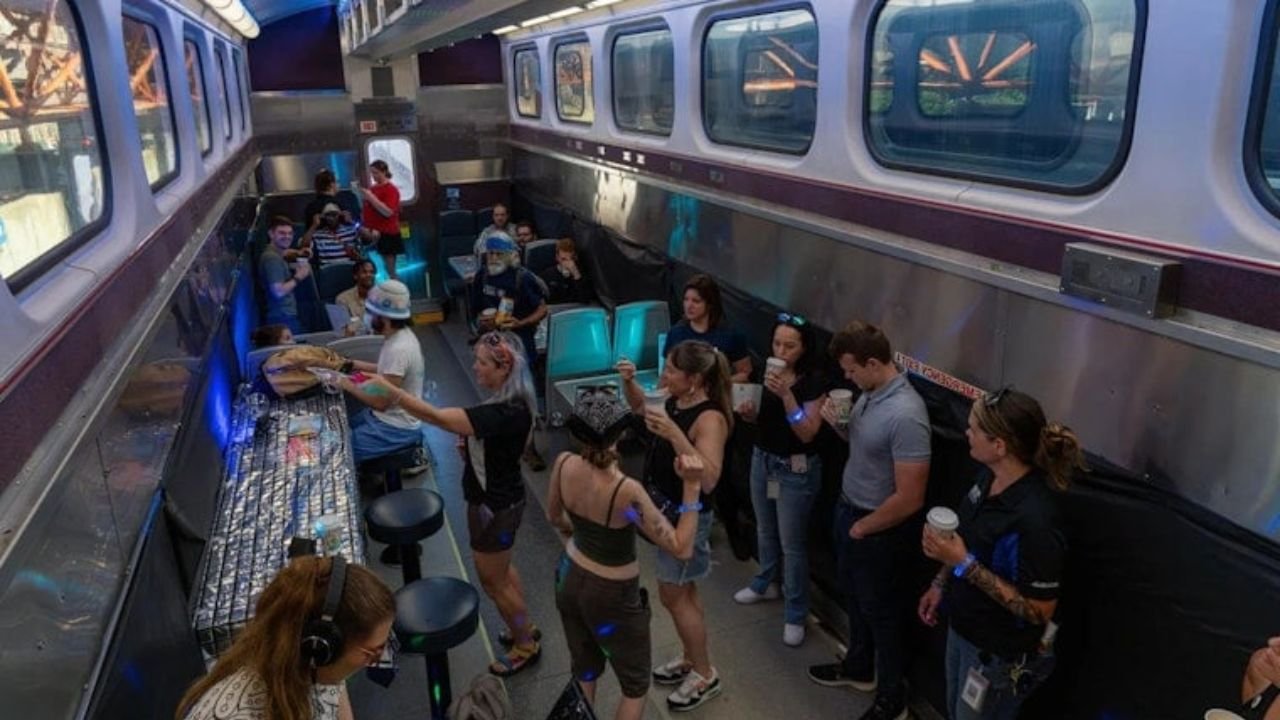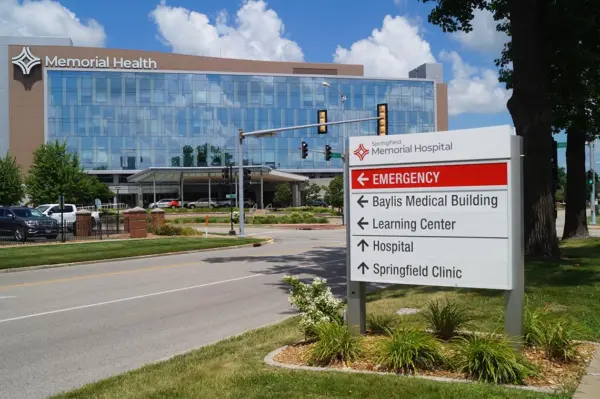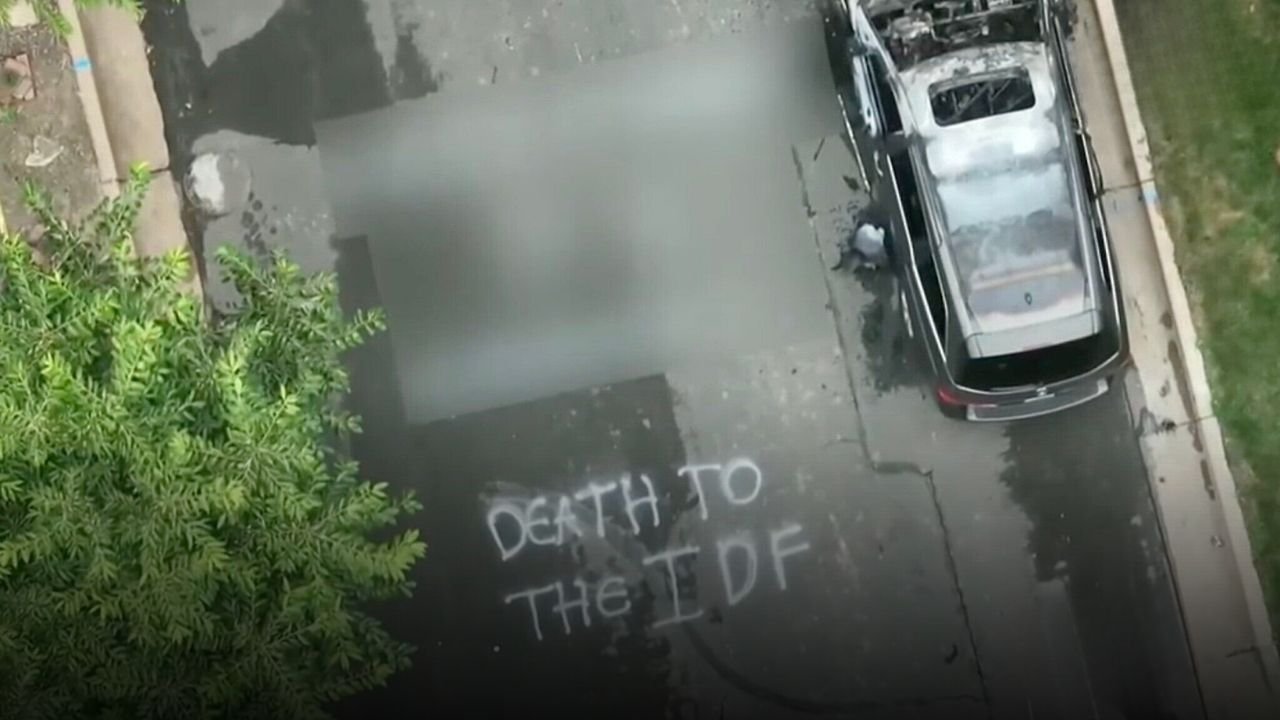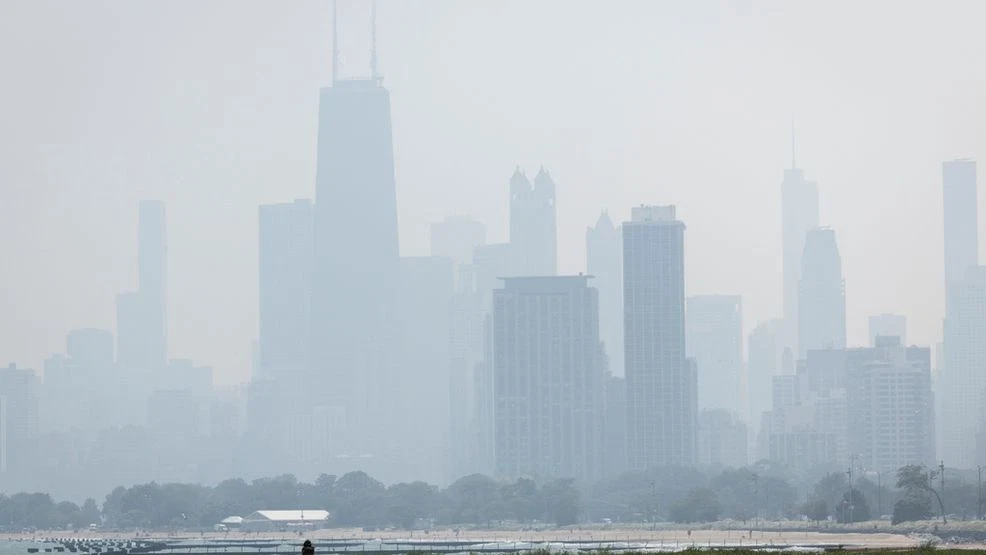CHICAGO — Mayor Brandon Johnson is facing mounting pressure to appoint a new CEO to lead the Chicago Housing Authority (CHA), a vital public agency grappling with lawsuits, resident mistrust, and a slew of leadership changes amid growing calls for accountability and affordable housing.
A Leadership Crisis Amid Housing Turmoil
The CHA, the third-largest public housing authority in the country, has seen dramatic turnover and internal strife over the past year. Following the departure of CEO Tracey Scott in November 2024, interim CEO Angela Hurlock stepped in during a time many describe as chaotic.
The agency is still reeling from a $24 million jury award tied to lead paint poisoning of children in CHA housing. That ruling also sparked fallout with property managers like The Habitat Company, which cut ties with CHA and later sued the agency over its handling of the lawsuit.
Simultaneously, at least eight top executives, including the COO and general counsel, have exited or been terminated since August — some amid allegations of mismanagement and toxic workplace culture.
Mayor Johnson’s Opportunity — and Challenge
Johnson, who campaigned on housing reform and vowed to protect public land for residential use, now has the power to appoint the next permanent CHA CEO. But sources and advocates say his decision could define the success of his broader housing agenda.
The CHA board has said it’s considering 107 applicants through a “diverse and inclusive” selection process. However, public records show only one resident representative, Francine Washington, sits on the search committee — raising questions about meaningful community inclusion.
While the CHA has pledged a new direction “grounded in equity, accountability, and dignity,” housing advocates warn that simply recycling past leadership may not achieve real reform.
Backlash Over CHA Land Use and Development
Former CEO Tracey Scott drew fire in 2023 for authorizing the lease of 23 acres of CHA land to the Chicago Fire Football Club. The deal was blocked initially by City Council, later revived, and remains a symbol of public distrust.
Though the facility opened in March 2025, critics like Ald. Jeanette Taylor and resident leaders say the CHA has failed to deliver on long-standing promises made in its “Plan for Transformation,” which began in 2000.
Taylor said that some staff at the CHA “don’t believe in public housing” and need to be replaced, while others emphasize the need for stronger resident engagement and new housing development.
Growing Calls for a Fresh Start — Not a Recycled CEO
Rumors have swirled about the possible return of former CEO Eugene Jones Jr. While some CHA residents view him favorably, housing organizers argue that hiring a former leader with an underwhelming record would be a mistake.
“Hiring a previous CEO that did not produce the number of units we needed is not the direction to go in,” said Rod Wilson, head of the Lugenia Burns Hope Center.
Others, like Cheryl Johnson of Altgeld Gardens, remember Jones as a fair leader who prioritized tenants — even if they didn’t always agree. She urged the next CEO to “think outside the box and actually listen” to residents’ needs.
CHA’s ‘Year of Renewal’ — But Morale Still Lagging
In February, CHA officials launched what they dubbed a “year of renewal,” pledging transparency and a renewed focus on safety and housing access. Initiatives included:
-
A resident satisfaction survey running through July 9
-
A new environmental safety division focusing on lead hazards
-
A search for new local property management firms to replace those who’ve departed
Yet internally, staff morale remains shaky. One anonymous employee told the Chicago Tribune that “it’s really no change — just different players.”
What’s at Stake for 135,000 Residents
The CHA currently serves over 65,000 households and owns more than 21,000 public housing units. As the largest landlord in the city, the agency’s leadership plays a direct role in housing stability across all 77 neighborhoods.
The new CEO will face urgent demands: restoring public trust, resolving legal disputes, supporting redevelopment, and addressing deep-rooted systemic failures — all while navigating tight budgets and rising development costs.
What do you think Mayor Johnson should prioritize in choosing the next CHA leader? Should the city bring back a familiar face or break new ground? Share your thoughts with us at ChicagoSuburbanFamily.com.

